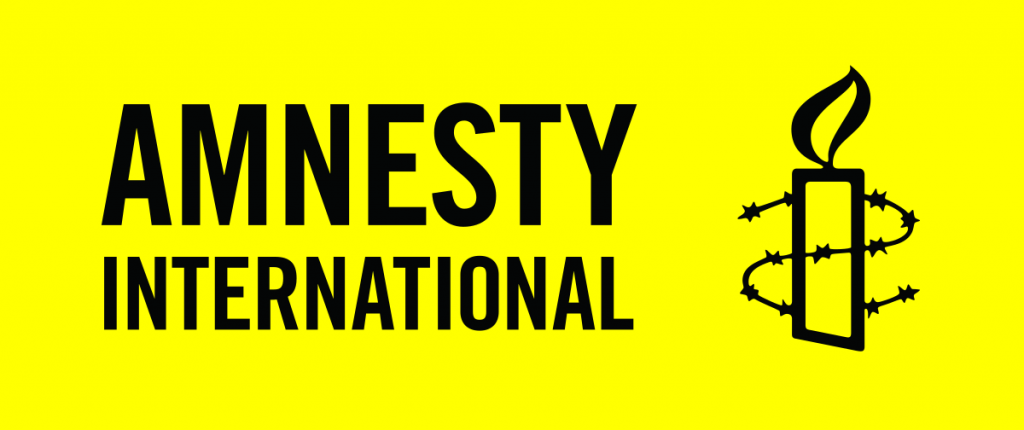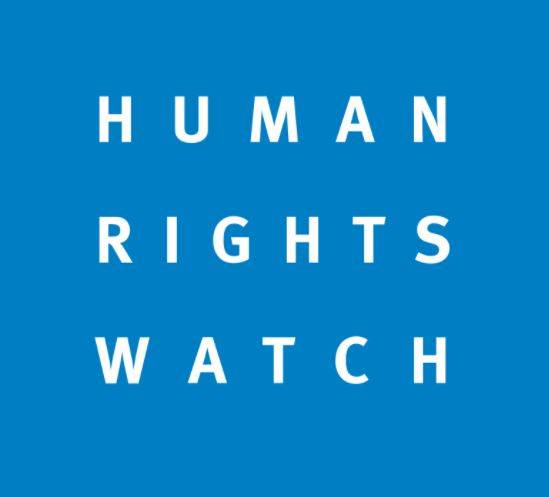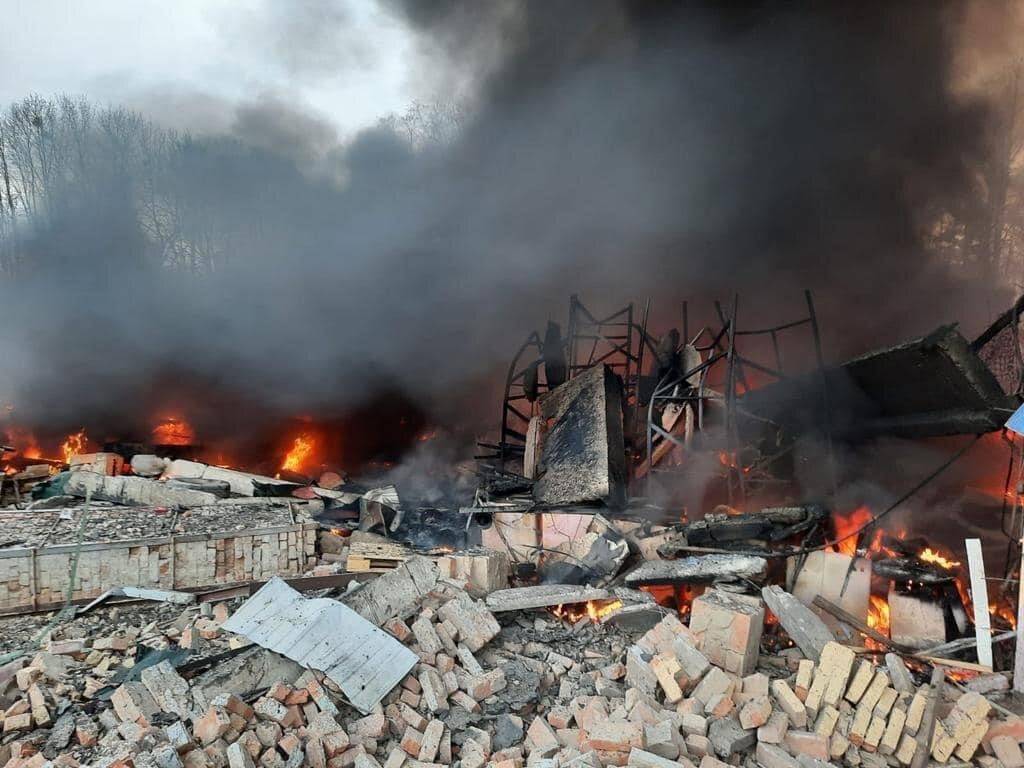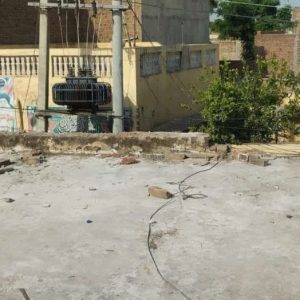The amendment makes defamation a non-bailable offence, and increases the maximum prison term, if convicted, from three to five years….reports Asian Lite News
The Pakistan government’s amendment to its cybercrimes act is the latest in a concerted campaign to restrict freedom of expression and stifle dissent, Amnesty International and Human Rights Watch (HRW) said.
Earlier this month, the Pakistani government passed an ordinance amending the Pakistan Electronic Crimes Act, 2016 (PECA) to make online “defamation” of authorities, including the military and judiciary, a criminal offense with harsh penalties.
“PECA has been used to silence freedom of expression on the pretext of combating ‘fake news,’ cybercrime, and misinformation,” said Nadia Rahman, acting deputy regional director for South Asia at Amnesty International.

“This amendment not only violates the Pakistan Constitution, but also puts anyone who questions the government or other state institutions at further risk. It particularly endangers journalists, human rights defenders, and political opponents who run the risk of prosecution for merely doing their jobs.”
While PECA already contained broad provisions criminalizing defamation of “natural persons,” the Pakistan Amendment Ordinance (2022) expands those provisions to include criticism of government bodies and the military by inserting a new definition of “person” that includes “any company, association, or body of persons, … institution, organization, authority or any other body established by the Government under any law or otherwise.”
According to the HRW statement, the amendment makes defamation a non-bailable offence, and increases the maximum prison term, if convicted, from three to five years. It also expands the definition of those who can initiate criminal proceedings for defamation, allowing any person or institution to register the complaint.
Pakistan has ratified the International Covenant on Civil and Political Rights (ICCPR), which protects the right to freedom of expression. Article 19 of the ICCPR allows for restrictions on freedom of expression to protect the reputations of others, but such restrictions must be necessary and narrowly drawn.

In a statement, Amnesty International and HRW opposed all criminal defamation laws as a disproportionate and unnecessary response to the need to protect reputations that chills freedom of expression. Expanding PECA’s already overbroad criminal defamation provisions to online statements about government institutions violates Pakistan’s international obligations, they added.
By excluding civil society groups and the private sector from consultation on the amendments, the government prevented genuine public scrutiny of the amendments prior to enactment, HRW said.
The amendment to PECA also makes it incumbent upon courts to conclude trials within six months and furnish monthly progress reports of pending trials, and orders federal and provincial officials to remove any obstacles that may hinder the progress of the proceedings. It is not evident how an already overburdened court system will safeguard people from unfair trials and poor evidence gathering, the groups said.
“The Prevention of Electronic Crimes Act neither protects the public from legitimate cybercrime concerns nor respects fundamental human rights,” said Patricia Gossman, Asia associate director at Human Rights Watch. “The new amendments will further embed violations of basic rights with a thin veneer of legality.” (ANI)













